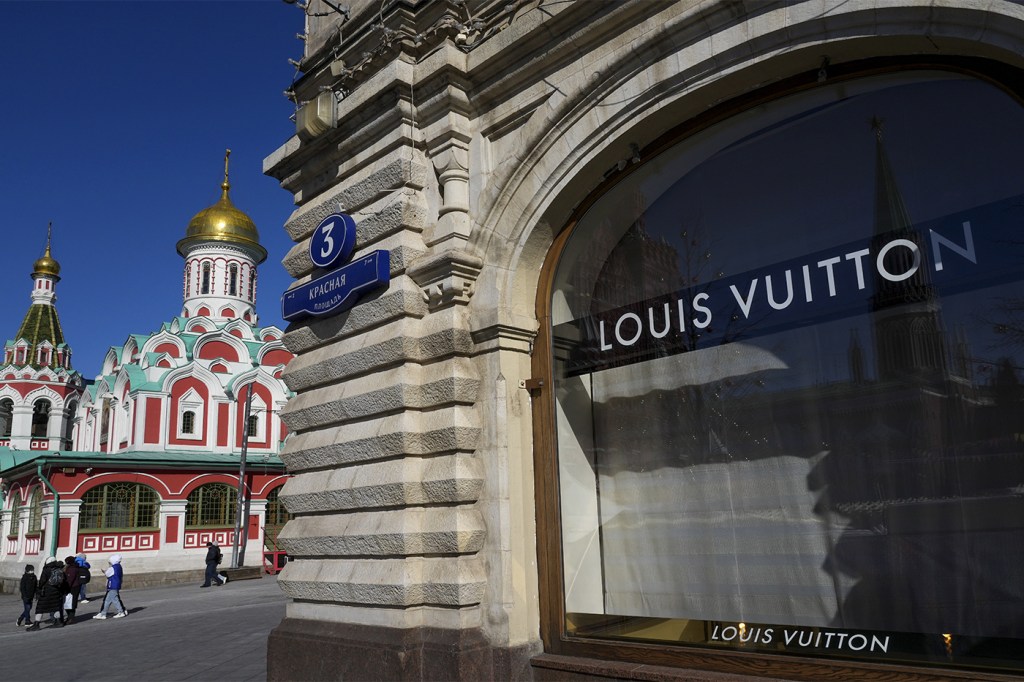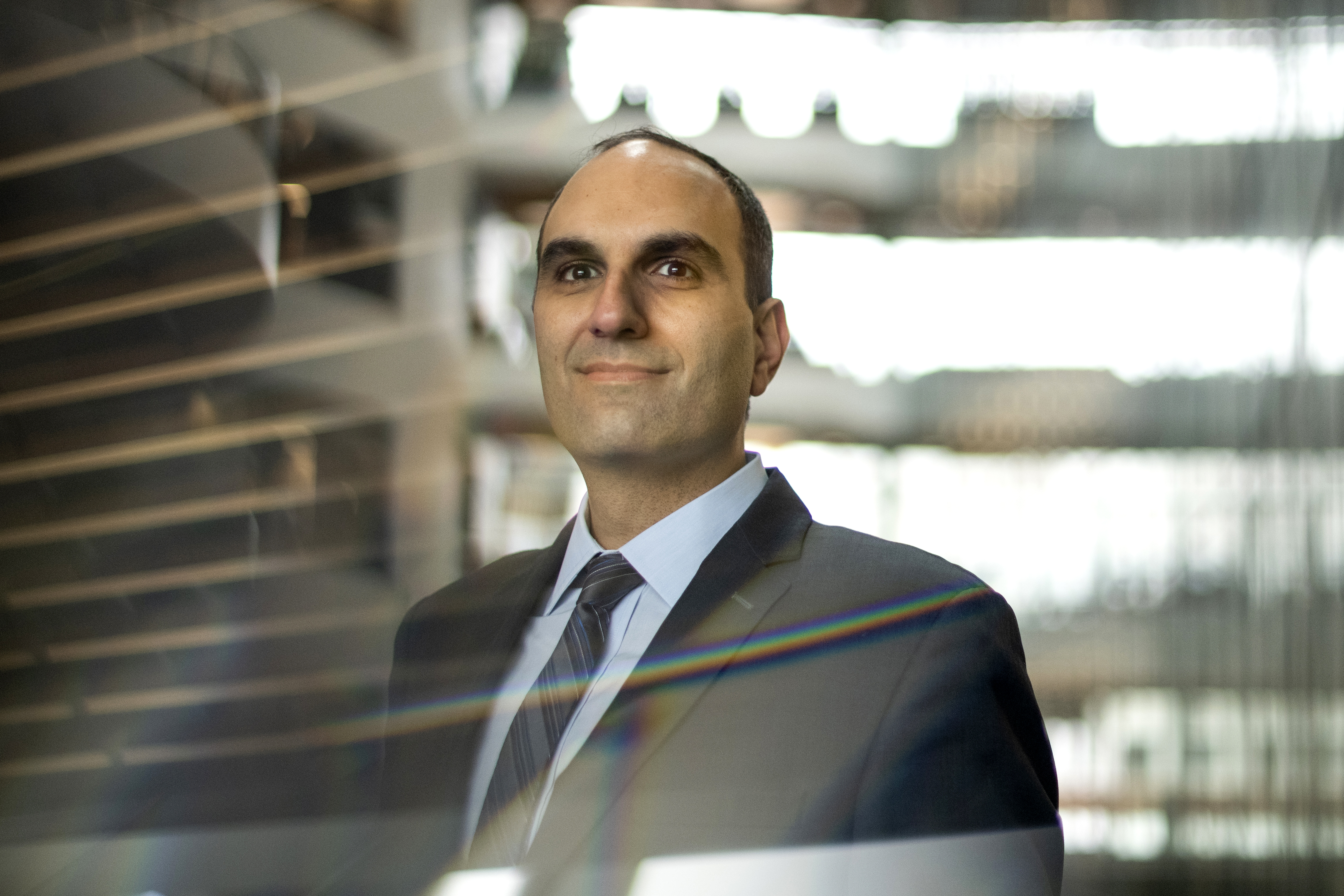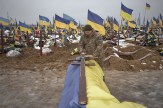Liberal-leaning businesses left Russia faster than conservative-leaning ones, Northeastern research finds

Uber, Airbnb and Nike pulled out of Russia within the first 40 days of its war on Ukraine. Meanwhile, Procter & Gamble, Hilton and chemical manufacturer Huntsman Corp. continued their operations.
“Some firms appear to have become arbiters of right and wrong,” says Luis Dau, an associate professor of international business and strategy at Northeastern University whose co-authored research with Yannick Thams from Florida Atlantic University was published in the Journal of World Business.

Dau and Thams’ research found that U.S. firms led by liberal-leaning CEOs were more likely to exit Russia at the onset of the 2022 Ukraine-Russia military conflict than those run by conservative CEOs.
The researchers measured the political ideology of 189 U.S. multinational enterprises based on their long-term patterns of donations to the Republican or Democratic parties.
Dau’s co-authored paper—“Do Liberal and Conservative-Leaning CEOs Approach De-Internationalization Differently? Zooming In on the Onset of the 2022 Russia/Ukraine Crisis” —focused on international business decisions in the first 40 days of the conflict before sanctions. He noted that the corporate exits from Russia might be the first time international businesses did “a rapid self-sanctioning” in a host country.
As of 2020, Ernst and Young estimated that American companies had invested about $96.5 billion in Russia.
There is a lot of money at stake for companies that invested heavily into a country for decades to decide to pull out, Dau says. However, polarization has spilled over into every aspect of life—including significant business decisions.
“We’re seeing there was a clear distinction in how they responded to the conflict, and often, it may or may not have been ideal for their bottom line,” Dau says.
Liberal-leaning CEOs were more likely to be receptive to the demands and pressures of stakeholders and activists to divest their interests. Indeed, many protestors demanded that firms stop sponsoring the “Russian war machine” to use a phrase by President Volodymyr Zelensky of Ukraine.
“But also, I think they’re responding to customers—to a lot of different stakeholders putting pressure on them,” Dau says. “I also think it’s their own beliefs.”
Even though some major companies decided to pull out quickly, it might have yet to make a dent in the Russian economy or even in those corporations, Dau says.
For example, McDonald’s and many fast food companies left Russia quickly, Dau says. But it didn’t affect Russia. Many of the stores are franchises, which reopened under different names and continued selling the same or very similar products.
But what it did do was create a more extensive separation from the Western world from Russia, Dau says.
We’re seeing there was a clear distinction in how they responded to the conflict, and often, it may or may not have been ideal for their bottom line.
Luis Dau, an associate professor of international business and strategy at Northeastern University
Economists often suggest that global trade is the best way to have peace, Dau says. Trade was a massive driver in creating the European Union. He added that there hadn’t been any major wars between those in the union since World War II.
“Russia was already moving away from the global market economy,” Dau says. “But this exacerbated that.”
Similar responses by companies are happening in China and Taiwan, too.
“Is that just a blip in the long-term prospects, or are (businesses) seeing that it’s costing them money and it’s not good for them?” Dau asks. “Or are we going to see more and more of these divisions? It’s fascinating.”
Beth Treffeisen is a Northeastern Global News reporter. Email her at b.treffeisen@northeastern.edu. Follow her on Twitter @beth_treffeisen.






